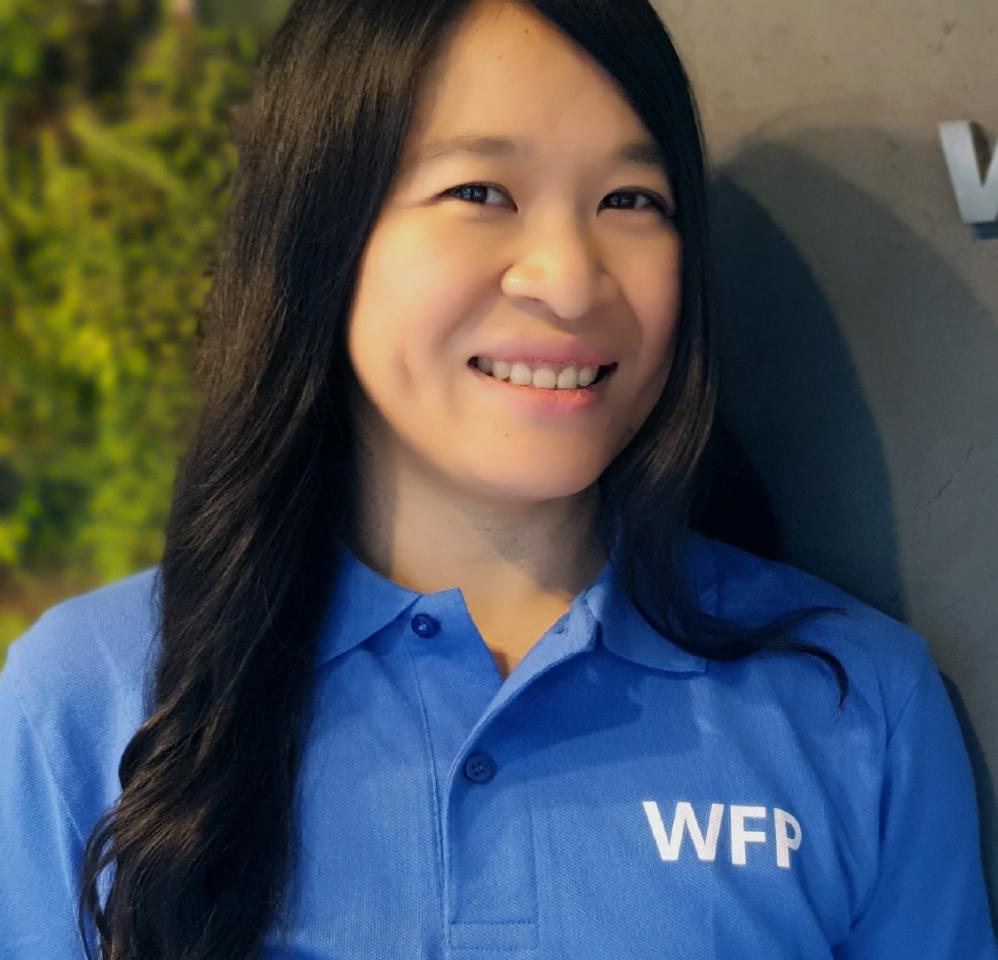
Changemakers
Life essentials
Selina Chan is helping deliver critical supplies to a nation in crisis.
How do you go from purchasing Fitbits for a major retailer to helping feed more than a million people in Lebanon?
Selina Chan could tell you. After a career in the air-conditioned offices of companies such as Target and TELUS, the UBC alum now spends her workdays in a Beirut office or travelling from village to village helping the United Nations World Food Programme (WFP) deliver critical supplies to a nation in crisis.
“I left my job at TELUS, where I was a buyer for wearables, Fitbits, smartwatches,” explains Chan, who graduated with a commerce degree in 2009. “I was wondering to myself, ‘Do I want to sell $500 accessories to people who have $1000 phones?’”
Her journey of self-discovery eventually led Chan to a job at the WFP headquarters in Rome and then its country office in Lebanon. Today, as head of the retail division, Chan works with a network of around 500 grocers – from small corner stores to major supermarkets – to deliver food aid to their local communities.
Chan oversees the organization’s food cash assistance program, under which people are provided with a debit card they can use to buy food at WFP-contracted stores. Others are given food parcels containing rice, lentils, sugar, and other food items. When Chan arrived in January of this year, Lebanon was experiencing new food shortages stemming from the country’s 2019 economic collapse. The number of people receiving WFP’s support had swelled to 1.7 million.
In 2020, WFP was awarded the Nobel Peace Prize for its efforts. Yet Chan says battling world hunger is far more complicated than simply giving away cash and supplies. When she speaks with us, Chan has just returned from a grocery store forced to empty its freezers during a sustained blackout.
“The fuel crisis has a lot of impact on the supply chain. When there’s no fuel, there’s no electricity. When there’s no electricity, there’s no food storage, and you have spoilage. It’s really a multi-layered effect.”
Chan approaches her new career with humility and respect. During her time in the private sector, even working between the United States and Canada meant navigating a quagmire of cultural, political, and economic differences. “And then imagine you’re working in Rome” – where WFP is headquartered – “with 90 different country offices across all continents.”
Yet Chan says the Lebanese people are facing the crisis head-on. She has witnessed businesses develop new ways to store and preserve food, use informal transportation networks and fuel sources, and install solar panels to keep the freezers online.
“Seeing how people are being creative and surviving in this economy is very encouraging.”































